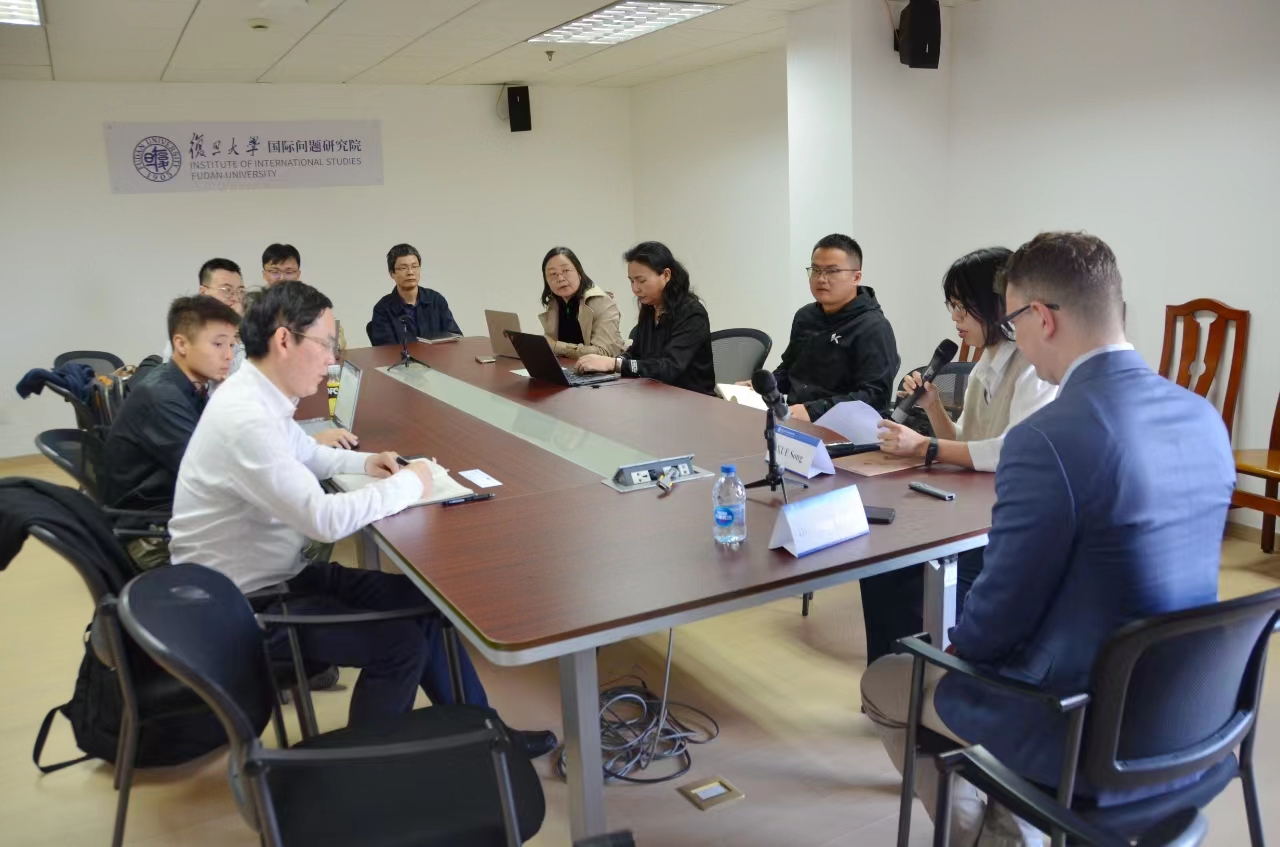At noon on 29 October 2024, the Institute of International Studies at Fudan University (IIS Fudan) held its 72nd Youth Academic Workshop on International Studies of Fudan University (YAWIS Fudan), focusing on “Political Legitimacy in Southeast Asia.” The event took place in the 324 conference room of the Fudan Wenke (Liberal Arts) Building and featured Dr. Diego Fossati, Associate Professor in the Department of Public and International Affairs at City University of Hong Kong, as the keynote speaker. Faculty and students from both Fudan University and other institutions attended.

(Event Scene of the 72nd YAWIS Fudan)
Drawing on his recent research, Dr. Fossati shared unique insights into political legitimacy in Southeast Asia, emphasizing the close relationship between legitimacy, economic development, and cultural diversity in the region. He noted that Southeast Asia’s path to state-building differs significantly from that of the West, endowing its concept of democracy with a distinct “substantive” dimension. Despite ideological and religious divides in Indonesia, he observed that these differences have, to some extent, enhanced democratic engagement and enriched the diversity of public discourse.

(Dr. Fossati Sharing His Research at the 72nd YAWIS Fudan)
Dr. Fossati also examined the impact of technocratic governance on political legitimacy in Southeast Asia, noting the increasing prominence of technocracy in policy-making in recent years. This trend has spurred broad discussions on whether decision-making should primarily rest with experts. In countries such as Singapore, technocratic governance has become deeply integrated with economic development; in contrast, in nations like Indonesia and the Philippines, a lack of representativeness in economic policy has created favourable conditions for the rise of technocracy. For research on political legitimacy in Southeast Asia, Dr. Fossati concluded, it is essential to evaluate governance outcomes and to explore the unique political diversity within the region and its effects on democratic engagement.
In the ensuing interactive session, Associate Professor Xue Song offered a brief commentary on Dr. Fossati's presentation, and the attendees participated actively in Q&A, generating a lively discussion.






